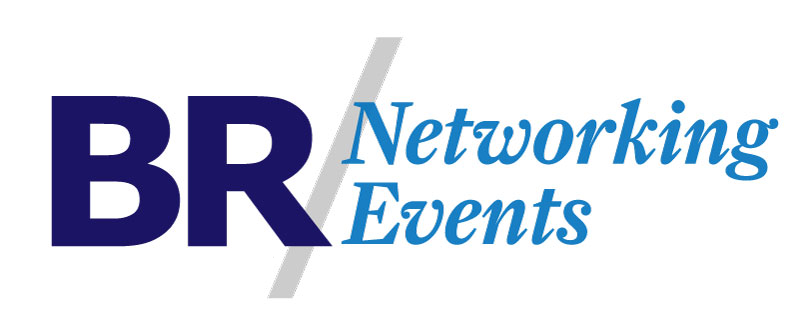The Benefits of a Phase-Appropriate, Science-Driven Approach to Pharmaceutical Formulation Development and Manufacturing
Date: 6th Jun 2017
Venue: St. Pancras Renaissance Hotel, Euston Rd, Kings Cross, London NW1 2AR
The pharmaceutical development of a product can be a difficult journey to navigate with lots of ups and downs along the way. Many challenges can arise that pose a risk to timelines, cost and even clinical success.
With more than two-thirds of all small and large molecules failing during Phase II clinical trials, pharmaceutical development experts debate what the most critical objectives are to success in early stage development. Over- or under-engineering a product for its stage of development is a common, costly error. There are many equally important considerations that must be balanced during early development while still ensuring a molecule’s formulation can scale successfully from early to late stage development. Scale-up doesn’t stop at Phase II either. There is still critical process design work that must take place in Phase III in order to ensure your manufacturing process is efficient and ready for commercial launch. Balancing the amount of effort invested early on in order to prevent financial risks and delays from occurring in late stage development is a complex
exercise in a high stakes game of win or loss.
During the presentation, we will evaluate how pharmaceutical development teams can balance their development needs and mitigate the risks they face by applying phase-appropriate, science-driven formulation and design principles:
• Building a foundation of quality by practicing Quality by Design (QbD), Design of Experiment (DoE) and Failure Mode and Effects Analysis (FMEA) methods
• Assessing risks with gated product development reviews at critical development milestones
• Applying phase-appropriate specifications to each stage of development
